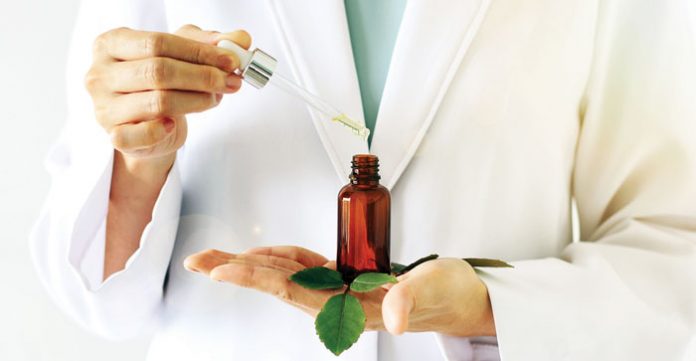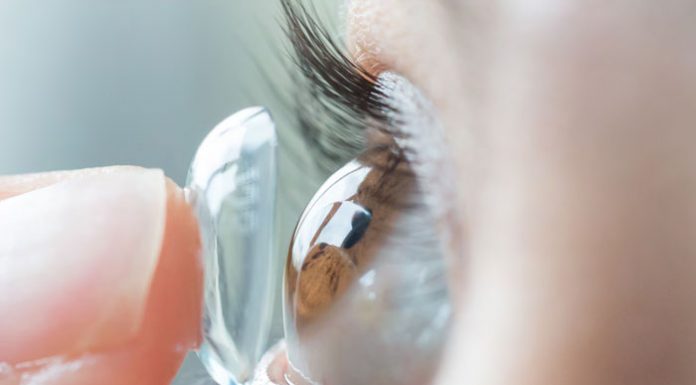This is for all the people who rolled their eyes when I told them that human milk had magical healing powers, something I stumbled upon a few years back when I was researching an “alternative” way to treat an eye infection. One of the non-conventional suggestions that popped up on many of the medical forums was the use of human milk as a remedy for sties, infections and blocked tear ducts; all you had to do was place a few drops inside the eye.
Not long after acquiring this information, I happened to spend Shabbos with my sister-in-law, who had the beginnings of what promised to be a very nasty eye infection. After listening to her complain about her symptoms for half an hour, I finally told her what could relieve them. At first she looked at me as if I had suggested that the two of us go parasailing over a volcanic eruption. But eventually her desire to prevent her eye from swelling shut won over her initial skepticism. So using a medicine dropper we carefully placed a few droplets in the affected eye, and repeated this several times over the course of the evening. I can’t tell you that we didn’t get some very strange looks from other family members, who made the mistake of asking what kind of “eye drops” she was using. But by the next morning, all traces of the budding infection were GONE. That was the moment I was sold on the magic of human milk.
We all know about the countless nutritional benefits a mother’s milk has for her baby. Studies have shown that nursing babies are often protected from diarrhea, respiratory infections, gastrointestinal disease and even asthma. Additionally, human milk contains a whole host of antibodies that fight off infection and also contain anti-inflammatory properties. And researchers have found evidence that these properties can also benefit adults used as a remedy for wounds, skin infections, ear infections, rashes and, as mentioned, infections of the eye.
But it doesn’t stop there. Recently, Swedish scientists at Lund University experienced an incredible breakthrough when they discovered that a compound derived from human milk was able to effectively target cancer cells. The discovery was made completely by accident, since the actual research they were conducting had nothing to do with cancer. The scientists had been attempting to develop a new type of antibiotic and were looking for different kinds of “sick” cells to experiment on. As one of the immunologists involved in the trial explained, “We were looking for novel antimicrobial agents, and new human milk is a very good source of these. During one experiment we needed human cells and bacteria to be present, and we chose human tumor cells for practical reasons.”
When they took a certain compound of human milk they had been studying and injected it into the tumor site, they were stunned to find that the substance (nicknamed “HAMLET”—Human Alpha-lactalbumin Made Lethal to Tumor cells) actually killed off the cancerous cells. They repeated the test, and the HAMLET compound, which is formed by two molecules naturally present in human milk, consistently caused the unhealthy cells to shed and ultimately be excreted from the body. This represented an obvious and significant improvement over current cancer treatments like chemotherapy, which kill off the body’s healthy cells along with malignant ones, resulting in severe side effects and overall weakness in the patient.





















